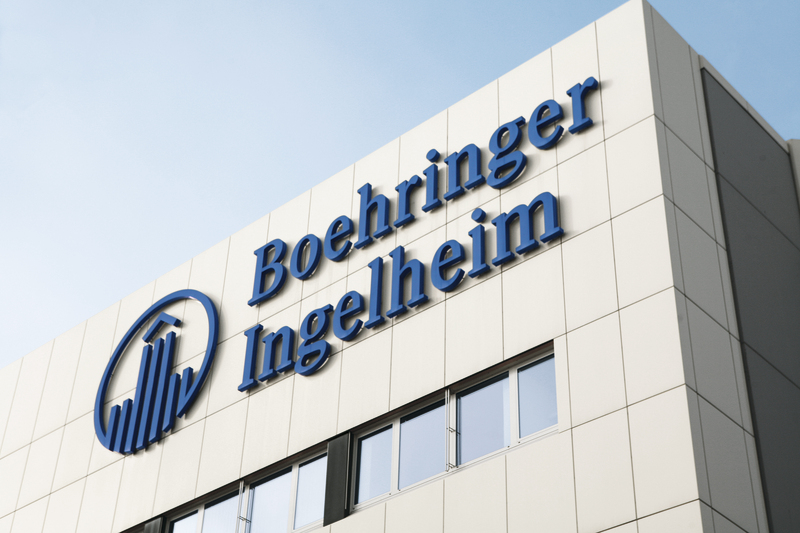Boehringer jumps on KRAS cancer drug bandwagon with MD Anderson

Boehringer Ingelheim has become the latest pharma company to investigate KRAS as a potential target for cancer drugs, striking a multi-year oncology research deal with the University of Texas MD Anderson Center.
Amgen created a stir at this year’s American Society of Clinical Oncology (ASCO) conference by announcing data suggesting its KRAS targeting drug AMG 510 may work against solid tumours.
The phase 1 data was the closest anyone has got to making a drug that works against KRAS, a gene which when mutated is associated with several different kinds of cancer.
Pharma has been trying for years to develop inhibitors for KRAS, but Amgen has taken the lead in research by targeting a single mutation called G12C that allows binding of AMG 510 and irreversibly forces the gene into an inactive state.
Novartis is also looking at this mechanism with San Diego-based Mirati in a tie-up announced last month and other companies are likely to follow after the results announced at ASCO pushed up Amgen's shares by as much as 5%.
A new Virtual Research and Development Center created by the agreement between Boehringer and MD Andersen will focus on KRAS inhibition concepts, in certain types of lung and gastrointestinal cancers.
The research will also focus on a TRAILR2 agonistic antibody that could selectively induce cancer cell death.
The partnership is built on a flexible framework, allowing for projects to enter at different stages - research, development and/or clinical stage - over several years.
It will combine MD Anderson’s patient-driven Therapeutics Discovery division with novel drugs from Boehringer’s pipeline.
Research will involve MD Anderson’s Translational Research to Advance Therapeutics and Innovation in Oncology (TRACTION) platform, which conducts translational research to better understand how new drugs and work and which patients will benefit.
Dr Victoria Zazulina, corporate vice president and global head of oncology medicine at Boehringer Ingelheim, said: “We could not have chosen a better partner with all its research, translational and clinical expertise in lung and gastrointestinal cancers. Together, we hope to transform the treatment landscape for these diseases by tackling their root causes and drivers, that have so far remained elusive, exploring new and smart ways of killing cancer cells.”












